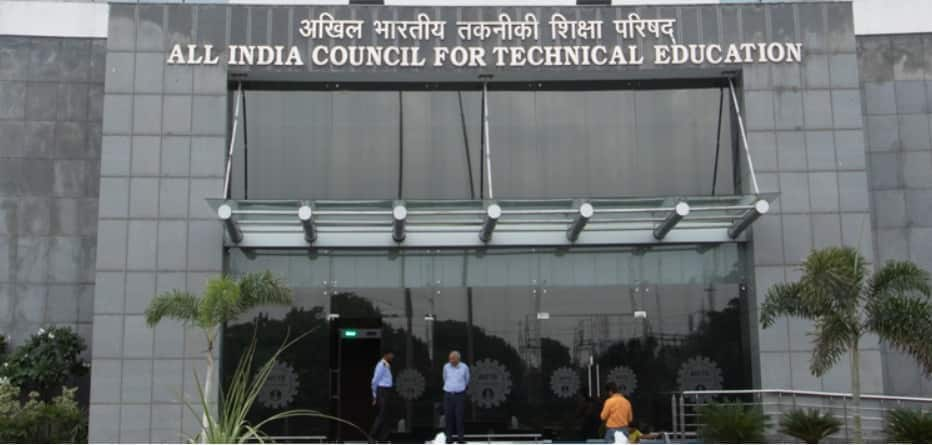AICTE to lift ban on new engineering colleges, improve admissions in core branches
R. Radhika | March 15, 2023 | 03:05 PM IST | 2 mins read
AICTE’s decision is based on increased BTech admissions in core branches of engineering.
IITs- A Comprehensive Guide
A complete guide to IITs: Learn about the admission process, required cutoffs, fees, top branches, campus details, and updated placement statistics—all in one place.
Download Now
NEW DELHI: Technical education regulator, All India Council for Technical Education (AICTE), plans to revoke the moratorium imposed on new engineering colleges this year.
Must See: IITs Comprehensive Guide
The decision, AICTE member secretary Rajive Kumar told Careers360, has been taken after considering an increase in admission in core engineering courses last year.
“We have analysed the data of core engineering branches in the last year. The admission trend in these core engineering courses is increasing now. Also, it was felt that students are losing interest in core engineering branches and AICTE’s moratorium was sending a negative message to the students. So it has been decided to revoke the moratorium,” said Kumar.
The increase in admissions in core engineering, Kumar said, is linked to the introduction of minor degrees from 2020-21.
Also Read | Minor BTech: At DBATU Maharashtra, pursue two branches of engineering together
AICTE’s ban on BTech colleges
In 2019, AICTE had imposed a two-year moratorium on opening new institutions in traditional areas of engineering and technology at degree, diploma and postgraduate levels, starting from 2020-21. The ban was extended to the 2023-24 academic year in 2022 with a few exceptions.
“The percentage of core engineering courses has increased in the past year because we have introduced the concept of minors in engineering colleges. We have encouraged institutions to compulsorily start minor subjects in emerging areas like which has improved the admission trend. Most of the universities have implemented this and that is why we are getting a good number of students in core engineering,” Kumar explained.
BTech minors and model curriculum
The concept of “minor degree” was first introduced in the approval handbook for the academic session 2020-21 issued by AICTE. This degree carries 18 to 20 credits in addition to the credits essential for obtaining the undergraduate degree in major discipline with 160 credits.
Also Read | ‘IT-fying mechanical engineering’: IIT Bombay professor on changes in BTech ME
The AICTE has introduced a model curriculum for seven minor degrees which includes Artificial Intelligence and Machine Learning, blockchain, cyber security, data science, Internet of Things (IoT), robotics, and virtual and augmented reality. The AICTE in the past had asked all affiliated engineering colleges to promote these courses by interacting with industry experts, introducing compulsory internships, and providing hands-on experience.
AICTE approval handbook 2023
The regulatory authority is currently “fine tuning” last minute changes required in the approval handbook that states regulations to be adhered by technical institutions approved by the AICTE. The handbook, Kumar said, will be publicly available in a week’s time.
According to the latest All India Higher Education Survey 2020-21, there is a marginal increase of 20,000 in enrollment numbers for engineering programmes between academic years 2019-20 and 2020-21, the absolute admission numbers are still the lowest in five years. However, the enrollment in BTech and BE programmes in the regular mode has dropped by 10 percent from 40.85 lakh in 2016-17 to 36.63 lakh in 2020-21.
Follow us for the latest education news on colleges and universities, admission, courses, exams, research, education policies, study abroad and more..
To get in touch, write to us at news@careers360.com.